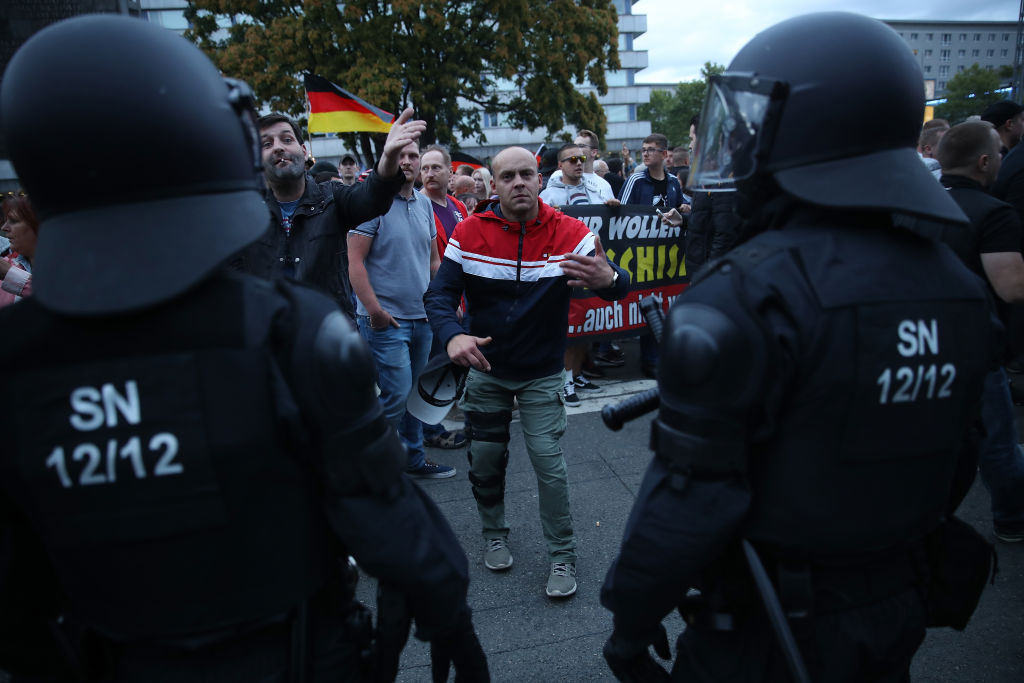by Judith Bergman • December 28, 2019 at 5:00 am
Fifty-seven percent of Germans say that "increasingly being told what to say and how to behave" is getting on their nerves. — Survey on self-censorship in Germany, (conducted by Institut für Demoskopie Allensbach for the newspaper Frankfurter Allgemeine Zeitung), May 2019.
"We have seen the consequences of this decision [unrestricted migration] in terms of German public opinion and internal security - we experience problems every day. We have criminals, terrorist suspects and people who use multiple identities... While things are tighter today, we still have 300,000 people in Germany of whose identities we cannot be sure. That's a massive security risk." — August Hanning, former president of Germany's Federal Intelligence Service.
"Evidently, many people nowadays view Islam more as a political ideology and less as a religion and therefore not deserving of religious tolerance." — Yasemin El-Menouar, Bertelsmann Stiftung's expert on religion, July 19, 2019.

According to August Hanning, former president of Germany's Federal Intelligence Service, "We have seen the consequences of this decision [unrestricted migration] in terms of German public opinion and internal security... We have criminals, terrorist suspects and people who use multiple identities..." Pictured: Riot police observe as residents of Chemnitz, Germany protest the murder of a local German man the previous day. The victim was stabbed to death by migrants on August 27, 2018. (Photo by Sean Gallup/Getty Images)
"At least since the events at the Cologne cathedral square on New Year's Eve in 2015 people apparently feel more and more unsafe," said Oliver Malchow, the chairman of one of Germany's two largest police unions. He was referring to the mass sexual assaults committed mainly by Arab and North African men at the Cologne cathedral square on New Year's Eve more than four years ago. Malchow was also referring to new statistics, which show that approximately 640,000 Germans now have licenses for gas pistols -- a large increase since 2014, when around 260,000 people had such a license. A gas pistol fires loud blanks or tear gas cartridges and is only potentially lethal at extremely close range.
|
|
No comments:
Post a Comment